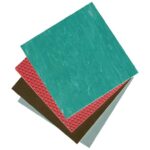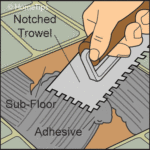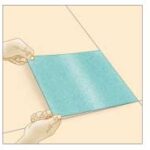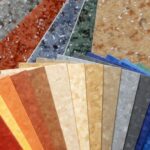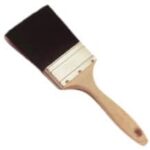Looking for affordable, easy-to-install flooring to update a room? Laminate flooring, bamboo planks, or vinyl planks may be your answer. These popular types of DIY flooring can make a striking difference in a day or two!
Laminate Flooring
Bamboo Plank Flooring
Vinyl Plank Flooring
Installing a new floor is easier than ever. Over the past few years, most major flooring manufacturers have rolled out products specifically designed for do-it-yourself installation, and virtually every type of flooring is available as a DIY-friendly option. You don’t need any flooring experience or special skills to install these floors. In fact, in most cases, all you need are some basic carpentry tools, a good pair of knee pads, and a few days to complete the project.
DIY floors are very affordable, especially when compared to the cost of traditional hardwood flooring installation that requires a professional. As the DIY-flooring market continues to expand, manufacturers are always introducing new products, which means you’re likely to find flooring on sale for even better savings.
We’ll take a detailed look at three popular and affordable DIY floors: plastic laminate, bamboo, and vinyl planks.
The installation process can vary slightly depending on the manufacturer, but each type comes pre-finished and can be installed as a floating floor, meaning it isn’t fastened to the subfloor. As a result, installation is quick and easy, even for first-time do-it-yourselfers.
Laminate Flooring
Laminate flooring is durable, easy to clean, and extremely scratch resistant. It has a dense MDF (medium-density fiberboard) core topped with a resilient, plastic-laminate layer.
Laminate flooring comes in two basic forms: wide planks and square tiles. Both types snap together with tongue-and-groove joints—no glue or fasteners needed.
Square laminate tiles mimic the look of stone or glazed-ceramic tile. The planks, which are the most popular style of laminate flooring, come in dozens of realistic wood-grain colors and patterns.
The two main advantages laminate flooring has over real-wood products are 1) it’s extremely resistant to staining, scratching, and wear and, 2) it costs considerably less than solid- or engineered-wood flooring. In terms of durability, many premium laminate floors come with a 30-year warranty.
Several companies make laminate flooring, so prices and quality can vary widely. Budget-priced products cost less than $1 per square foot; premium-quality laminate flooring starts at about $3 per square foot.
Some laminate floors require foam underlayment to be installed, which must be purchased separately. Floating-floor underlayment typically costs 30 to 70 cents per square foot. Some laminate floors come with the underlayment attached to each plank or tile, eliminating the need to buy it separately.
For more, see Laminate Flooring Buying and Installation Advice.
Bamboo Plank Flooring
There’s a lot to like about bamboo flooring—it’s affordable, easy to install, available in dozens of colors, and grown and harvested in an environmentally-responsible manner.
Though it isn’t technically a hardwood because it is a type of grass, bamboo is much denser and more durable than most hardwoods, including maple and oak.
And because it’s a grass, bamboo grows much faster than hardwoods. It is harvested after just four or five years versus the 30 to 60 years it takes before hardwood trees can be milled into flooring. This makes it a very eco-friendly, sustainable material.
Bamboo flooring comes pre-finished in two forms:
- Engineered bamboo is installed using the floating-floor method, making it ideal for DIYers. The wide planks snap together with modified tongue-and-groove joints.
- Solid-bamboo flooring is installed similarly to traditional tongue-and-groove hardwood flooring. It’s fastened down with mastic, nails, or staples, so it’s not quite as DIY friendly as engineered bamboo.
Bamboo flooring comes in dozens of pre-finished colors, ranging from rich cherry and dark walnut tones to various shades of blue, red, and green. Engineered bamboo costs around $3 to $5 per square foot; solid-bamboo flooring runs about $2 to $4 per square foot. Both types of flooring are often discounted up to 25% during sales and promotions.
For more, see Bamboo Flooring — Is It Right for Your Home?
Vinyl Plank Flooring
Vinyl sheet flooring and floor tiles have been around for generations, but a relatively new type of vinyl flooring has taken the industry by storm—vinyl plank flooring. It comes in wide, thin strips—or “planks”—that resemble traditional hardwood floors. Unlike previous vinyl strip flooring that needed to be glued down, vinyl planks quickly snap together to form a floating floor.
Vinyl planks are stain resistant, durable, and priced to fit even the tightest remodeling budget. The flexible planks range in width from six to nine inches and feature realistic wood-grain patterns that resemble several wood varieties, including oak, cherry, teak, pine, walnut, hickory, and maple. You can also choose from colors that are reminiscent of oil-based stains, natural wood tones, whitewash finishes, and weathered barn boards.
Vinyl plank flooring is quick and easy to install and doesn’t require the use of sticky adhesives or special fasteners. The newest types of vinyl plank flooring use one of two DIY-friendly installation methods:
- Interlocking planks have tongue-and-groove joints that snap together.
- Grip-strip planks stick together with a factory-applied adhesive. Note that grip-strip planks create a floating floor by adhering to each other, not the floor.
Vinyl plank flooring can be installed directly over plywood or OSB subfloors, concrete slabs, and most existing floors, including wood, vinyl, and ceramic tiles. Manufacturer-approved installation methods vary, so be sure to read the installation instructions carefully before you begin.
Most grip-strip floors are water resistant, while some interlocking planks are waterproof. Interlocking vinyl planks typically cost $2 to $3 per square foot. Grip-strip planks cost slightly less, averaging $1.75 to $2 per square foot.
With several styles and colors available, DIY flooring can be an easy and affordable option to consider when redoing your home’s floors. A few tools and a little time are all it takes for an updated look that costs less than having new floors professionally installed.
Joseph Truini is a home-improvement expert who writes extensively about do-it-yourself home remodeling and repair. He has authored six books, including the best-selling “Building a Shed,” and his work has appeared in several national magazines, including This Old House, Popular Mechanics, Woman’s Day, and Today’s Homeowner. He covers home-improvement and shopping tips for Groupon. You can find savings on flooring supplies and more on Groupon’s Home Depot page here.



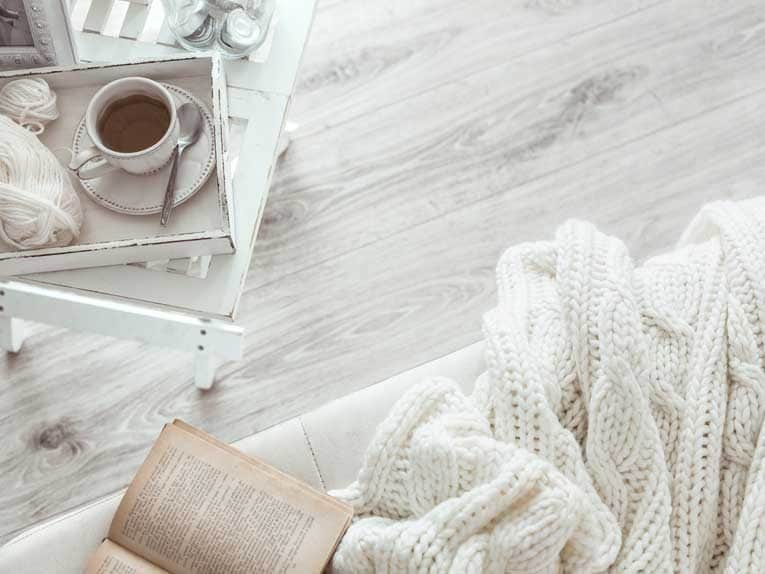
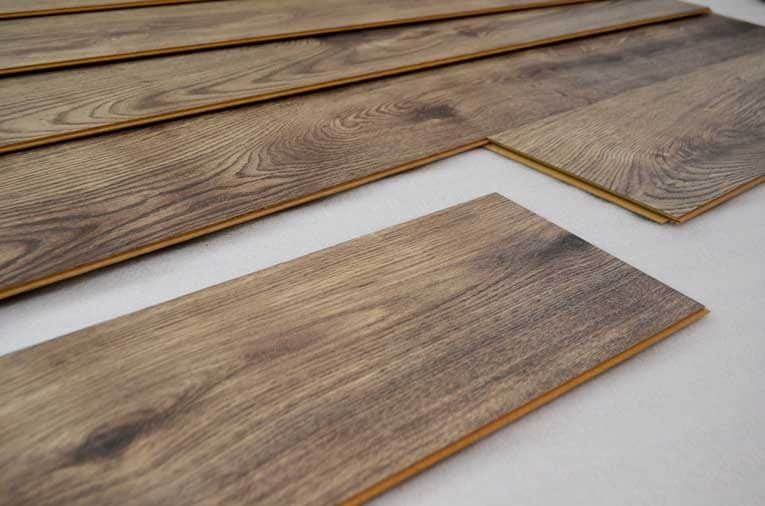

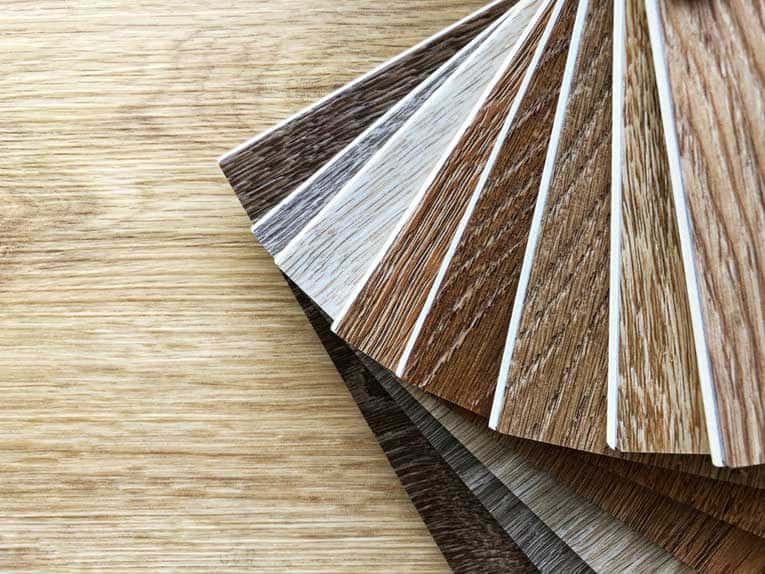
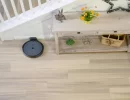
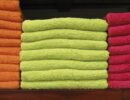
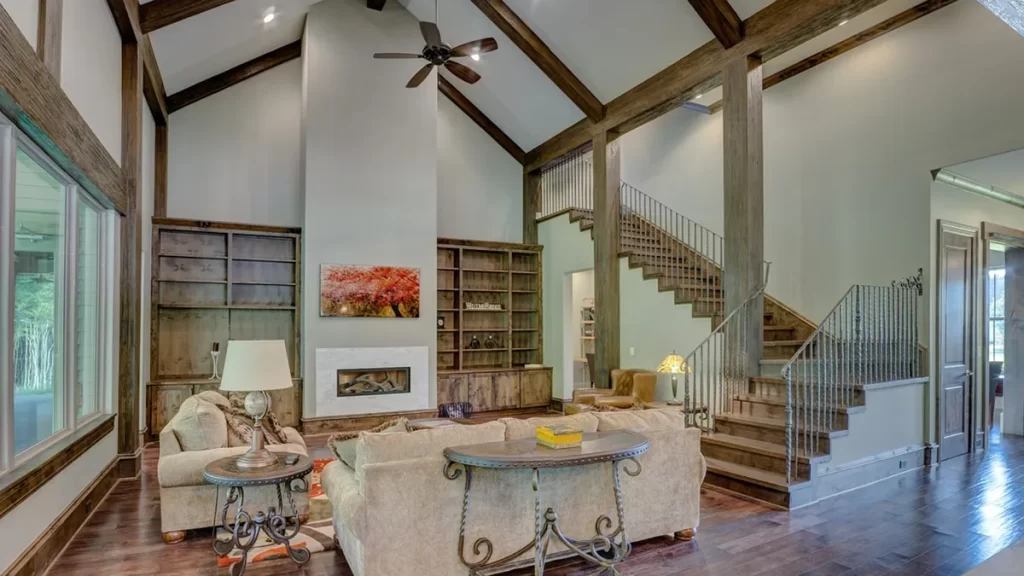
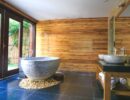
 Don Vandervort writes or edits every article at HomeTips. Don has:
Don Vandervort writes or edits every article at HomeTips. Don has:
